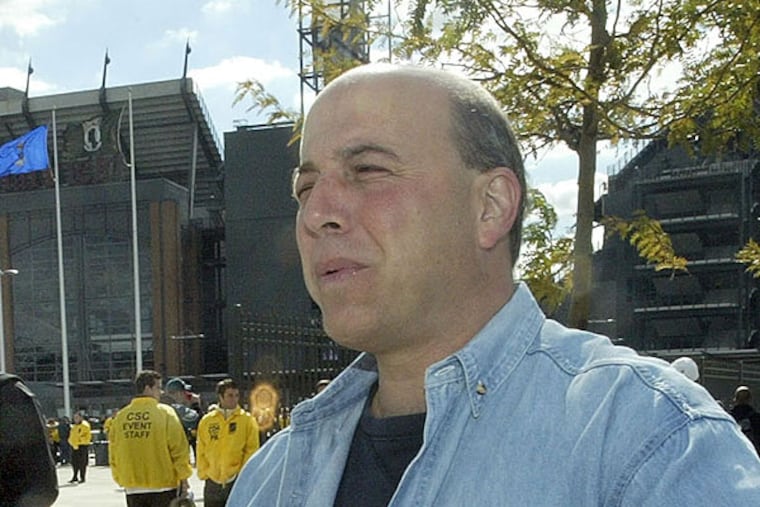Can L&I be trusted?
The math should be simple: Investing in the city's Department of Licenses and Inspections protects the public from dangerous buildings, improves neighborhoods' quality of life, and lifts property values.

The math should be simple: Investing in the city's Department of Licenses and Inspections protects the public from dangerous buildings, improves neighborhoods' quality of life, and lifts property values.
According to a Nutter administration study group, L&I needs another $13.9 million, which would increase its $27.6 million budget by about half. That would pay for more building inspectors and more employees to concentrate on vacant properties. Workers would also be added to the Fire Department to take over fire inspections for L&I, a logical move considering that firefighters have to deal with the consequences of lax enforcement.
The recommendations are the Nutter administration's preliminary response to an independent commission that prescribed L&I reforms following the 2013 collapse that killed six in a Center City Salvation Army store. Another panel is expected to give Mayor Nutter final recommendations on how to fix L&I before he introduces his budget next month.
Improving L&I is clearly worthy of the mayor and Council's support. According to the Reinvestment Fund, a community development group, when L&I targeted vacant properties for code enforcement, neighborhood property values shot up and tax delinquency went down. Homes sold in the targeted areas fetched higher prices and yielded more tax revenue. Other research has shown that fighting blight also improves the health of neighborhood residents and reduces crime.
But nothing involving the city's overwhelmed inspections department is that simple. Consider that in April, a federal grand jury indicted a former deputy L&I commissioner, Dominic Verdi, on charges that he coerced bar owners into buying from his beer distributor, Chappy's Beer, Butts, & Bets, in exchange for favorable treatment by the agency. Also last year, a state grand jury issued a scorcher of a report noting that the agency was so burdened by archaic procedures and poor staffing that it couldn't prevent dangerous buildings from catching fire and collapsing.
The city in recent years has reacted correctly to these and other problems by examining the department and trying to fix it. The mayor and Council have also improved demolition safety protocols. And there is no reason to doubt the department's need for more resources.
Before L&I gets more funding, however, there must be further assurances that funds will be spent wisely so as to help the department do its crucial job. The Nutter administration should make strong controls and oversight part of any request for more money.